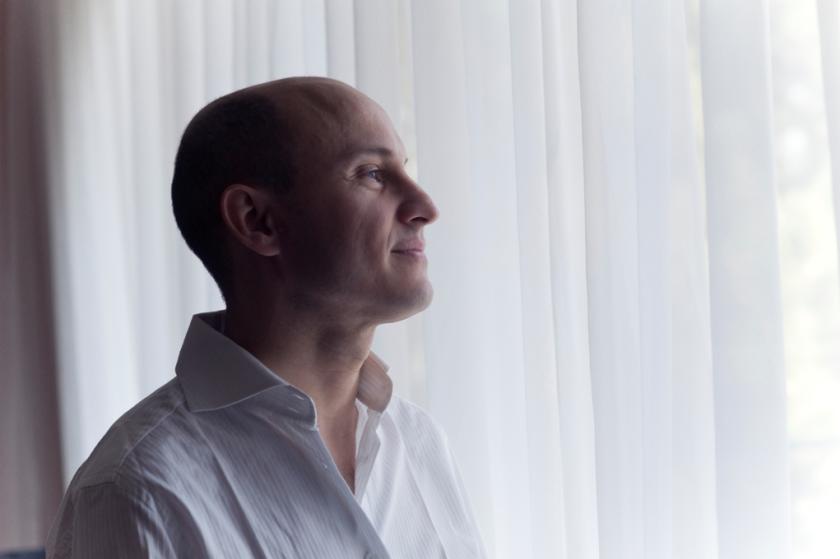Nelson Goerner has settled rather gloriously into being a musicians’ musician. An artist of this calibre should be selling out the Wigmore Hall – but it wasn’t his fault that yesterday was Monday, and the pianophiles who turned out to hear him were rewarded with a rich and satisfying programme.
Sitting low at the keyboard, arms extended without a hint of tension in the touch, the diminutive Argentinian pianist launched into a selection of music that sometimes thrilled with its sheer positivity as well as deft musical instinct and full, bright and beautiful sound. He opened not with Bach, but Handel: the Chaconne in G HWV435. Bach’s rehabilitation on the modern concert grand is complete, but the same can scarcely be said of Handel’s keyboard works. Brilliant, refulgent of tone and bursting at the seams with energy, this performance both whetted the appetite for the evening ahead and suggested that this composer at the piano offers still-untapped potential.
In Goerner’s hands the second of Chopin's Op. 55 Nocturnes flowed like milk tinged only subtly with honeyOne of Goerner's heart-warming effects is to leave one marvelling not primarily at his accomplishment, but at the glories of the music itself. A little while ago someone asked me to compile a list of the 20 greatest piano pieces – an impossible task, and one in which I did not put the Schumann C major Fantasy Op.17 at No. 1. Last night I kicked myself for that. Goerner brought to Schumann’s ultimate piano love song not just a wealth of detail, but a sense of the sweep and coherence of the whole: he might pick out meaningful recurring motifs while also letting us relish subtle shifts of atmosphere; and while some other pianists occasionally go nuts in the coda of the central march, he placed a sense of melodic shape ahead of virtuoso display.
Goerner can be a cool customer – partly thanks to his sense of long line, the logical flow in which microcosm and macrocosm are inextricable. This came to the fore in the Chopin group that launched the second half: first, a tender, many-voiced account of the Ballade No.3, free at first in its rubato, yet imbued with a coherent, binding, forward momentum. There followed the two Nocturnes Op.55; the second – almost a magical-realist bel canto duet – can in some hands become hyper-emotional, but in Goerner’s it flowed like milk tinged only subtly with honey. And the Scherzo No. 3 in C sharp minor – one of Chopin’s more Lisztian moments, with its declamatory introduction plus hints of plainsong and chorale prelude – stirred us without unnecessary shaking.
Finally, to Scriabin, which can be all about playing with fire. The Deux Poèmes Op.32 raised the temperature and prepared the canvas for the brief but intense firework display of the Fifth Sonata, its opening and closing upward whooshes leaving Goerner staring into the air as if after fast-vanishing embers. While Scriabin’s grandiose fantasies are never far away, this concentrated and colourful one-movement sonata is not quite one of them; for Goerner it was more mischievous, mercurial Loge than Prometheus.
By way of encores, Goerner gave us a flowing, eloquent account of Granados’s "The Maiden and the Nightingale" (from Goyescas); and the last of Chopin’s 24 Preludes, the stormy D minor, with no emotional holds barred. That seemed a surprisingly apocalyptic ending to a night of otherwise life-affirming music; but Goerner’s next CDs will undoubtedly be on my personal Chopin Liszt.













Add comment